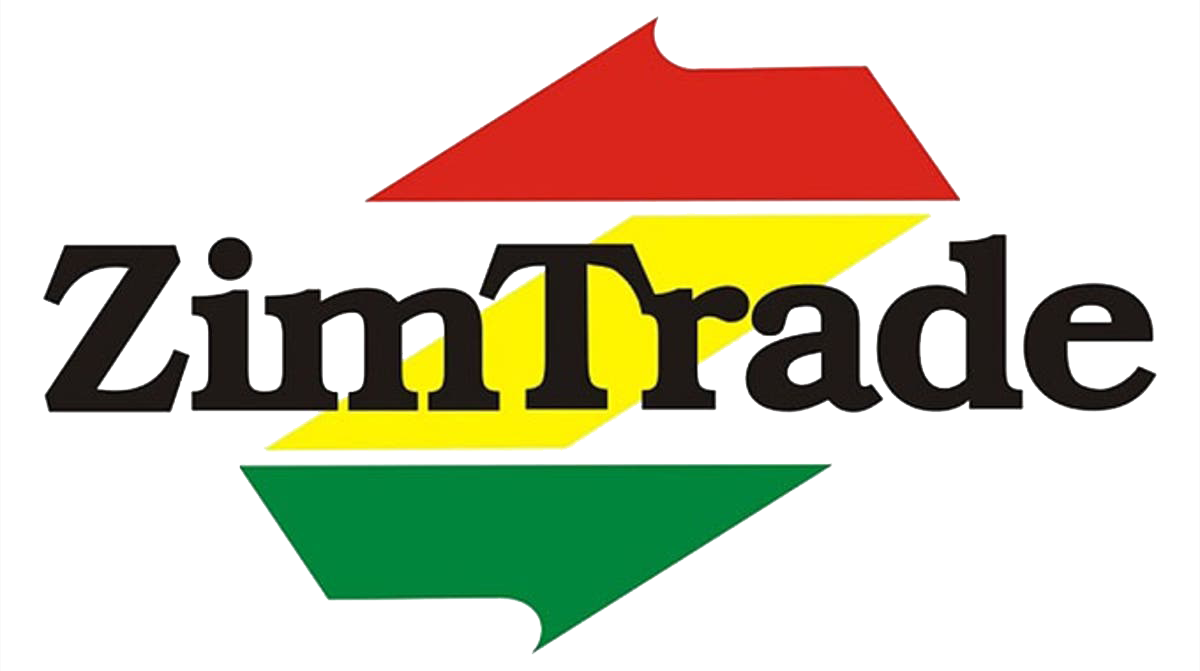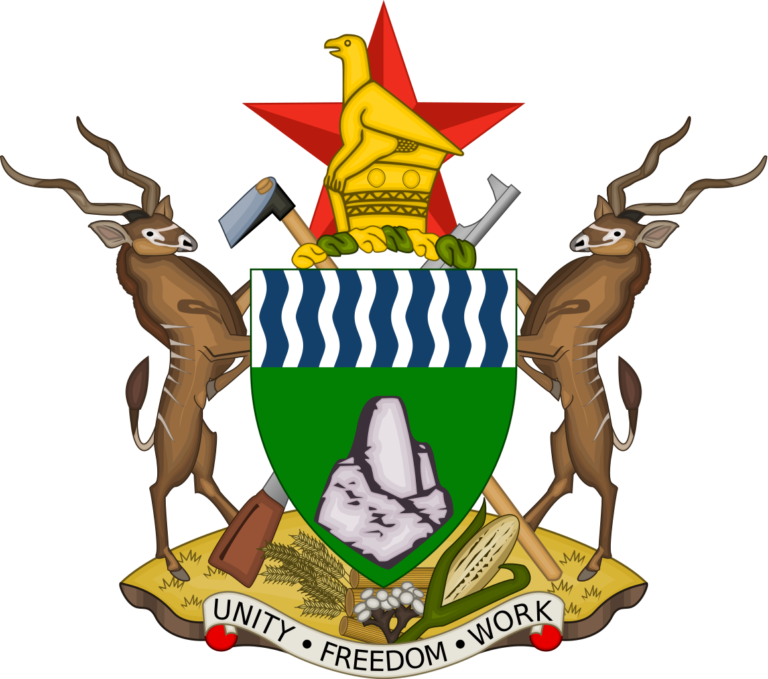Trade Agreements
Exporting from Zimbabwe
- Are you an Exporter?
- Export Readiness Checker
- Building Export Readiness
- Guide to Export
- Export Markets
- Market Surveys & Reports
- Market Briefs
- Market Pointers
- Country Fact Sheets
- Trade Agreements
- Trade Regulations
- Trade Policies
- Trade Events and Missions
- Sourcing your Inputs
- Useful Contacts
- Offers to Sell
A trade agreement is a formal agreement (contract) between two or more countries on treatment to be given to goods and services originating from one country to the other and vice-versa. The scope of trade agreements includes a wide range of issues, namely:
- Tariffs/Customs duty to be applied on imports from a signatory country. This can be Preferential Tariff (reduced tariff rates compared to non-trade agreement member) or Free Trade with exemption of import duties on products originating from a member state.
- Tax treatment with regard to Double Taxation Avoidance Agreements (DTAA) and taxing rights.
- Investment with regard to Investment Promotion and Protection Agreements (IPPA) which provide protection to investments and investor’s rights. This also makes provision for repatriation of profits and capital.
- Non-Tariff measures that ensure no unnecessary obstacles are created on trade between signatory members.
- Movement of people, which allows for flexible entry and exit of people, through easy issuance of visas on arrival, or removal of visa requirements to travel between the signatory countries. Some agreements also cover hiring of labour.
- Special Economic Zones, whereby a country offers concessions to another country to set-up special economic zones on its territory to set up export oriented enterprises.
TYPES OF TRADE AGREEMENTS
- Bilateral Trade Agreements – govern the trade regime between two countries.
- Regional Trade Agreements – define the trade regime that governs trade in goods and services between three or more member states that are in the same geographical area. Zimbabwe is an active member of COMESA and SADC, two leading Regional Economic Communities (RECs) in Africa.
- Unilateral Trade Agreements – whereby a country provides preferential market access to products or services originating from another country or group of countries, without reciprocal treatment. The General System of Preferences (GSP)is a scheme whereby a wide range of industrial and agricultural products originating in some developing countries (Zimbabwe included) are given preferential access to the markets of certain developed countries (e.g. U.S.A., Japan, Australia).
- Multilateral Trade Agreements – define the trade regime between countries of two or more trading blocs. The EU- Eastern and Southern Africa (ESA) interim Economic Partnership Agreement (iEPA) is a multi-lateral trade agreement.
CAUTION: Prior to entering into a business deal with a foreign client, make sure you understand the agreement(s) that governs trade between Zimbabwe and the target market.
Read the Guide to Trade Agreements prepared by ZimTrade
Read more on the bilateral Trade Agreements of Zimbabwe
Guide to Zimbabwes Trade Agreements 2019
Statutory Instrument 103 of 1995 Zimbabwe – Malawi
Statutory instrument 132 of 2017
Statutory Instrument 156A of 1993 Zimbabwe – Namibia
Statutory Instrument 188 of 2007 SADC
Statutory Instrument 192 of 1988 Zimbabwe-Botswana
Statutory Instrument 33 of 2005 Zimbabwe-Mozambique
Related Downloads
COMESA Free Trade Area (FTA)
EU – Interim Economic Partnership Agreement (iEPA)
Generalised system of preferences
Other Countries
SADC Protocol

